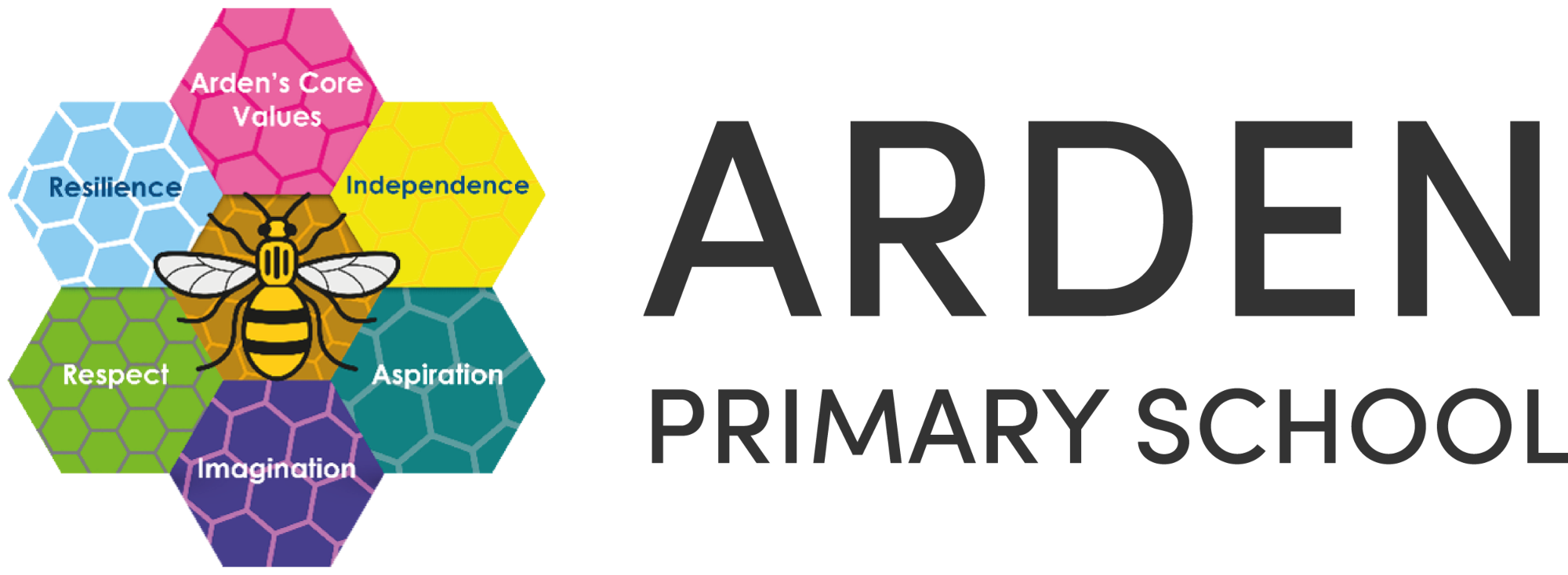Family Lunch helps nurture many skills that we deem essential for children to thrive during their time at Arden and beyond.
Communication
- Every mealtime, a lunch topic of the day features on the screen
- Children learn to engage in conversations with peers and adults, enhancing their ability to express themselves clearly and confidently
- By interacting with different age groups and staff, children practice active listening, understanding different perspectives and viewpoints
Social Skills
- Dining in mixed-age groups encourages children to interact positively with peers outside their usual social circles, where they establish new friendships and relationships
- Sharing a meal with younger or older children helps children develop empathy, as they learn to recognise and respond to the needs and feelings of others
Teamwork and responsibility
- Children learn to work as part of a group, whether it’s sharing food, passing dishes, or helping to clean up, promoting a sense of collective responsibility
- Older children, while not serving food directly, help younger ones with tasks like cutting food or pouring drinks, teaching them how to be supportive and considerate members of the Arden family
Respect and Tolerance
- Interacting with children from different year groups and backgrounds helps children appreciate and respect differences, key hallmarks of our inclusive environment
- Waiting in turn, sharing space, and being polite during conversation at mealtimes cultivates good manners, patience and courteous behaviour
Confidence and Independence
- Being part of a mixed-age group and contributing to a shared discussion around the table can boost children’s self-esteem and confidence in social settings
- Choosing their own food preferences from the available options helps children practice decision-making and assert their choices
Leadership Skills
- Older children have the opportunity to model positive behaviours and leadership qualities for younger children; we know that 'leading by example' is vital within a school setting to develop strong responsibility and leadership
- Whilst staff oversee lunchtime service, older children naturally take on roles that involve guiding and assisting younger peers, which enhances their leadership abilities
Manners and Etiquette
- Eating in a structured environment with peers and staff encourages children to practice good table manners and dining etiquette
- Saying “please” and “thank you,” and appreciating the efforts of those who prepare and serve meals, develops gratitude and appreciation
Mindfulness
- Daily 'Family Lunch Discussion' prompts encourage children to engage in thoughtful discussions with their peers. This practice requires them to listen actively and respond thoughtfully, which enhances their ability to be present and attentive
- At the end of each Family Lunch sitting, children practice 'Happy Breathing' which is a key feature of our school environment, helping children to be calm in their transitions between lessons and break times
- Sitting down for a meal in a calm and structured setting promotes mindful eating, helping children appreciate their food and eat more slowly
- Our Family Lunch environment is designed to be calm and inviting. Soft tablecloths, thoughtful table settings, and the gentle hum of conversations contribute to a relaxing dining experience
